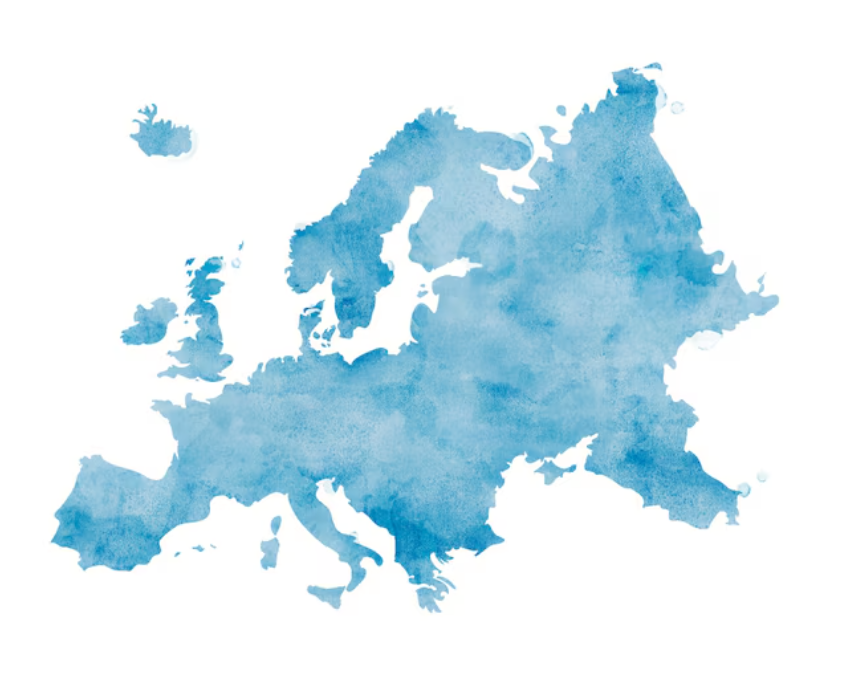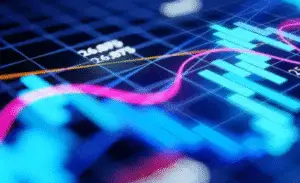$GLNCY $RIO $SCCO $FCX
#EuropeanUnion #CriticalMinerals #JointBuyingPlatform #EnergySecurity #RussiaUkraineConflict #SupplyChain #MarketImpact #RawMaterials # CommoditiesTrading #StrategicResources #EconomicPolicy #Geopolitics
The European Union is actively moving forward with a plan that could reshape how critical minerals are sourced on the continent. In a significant step towards securing its supply chains, the EU has initiated the selection process among eight potential suppliers for its ambitious 9-million-euro joint purchasing platform. This move is part of a broader strategy aimed at consolidating orders for critical minerals and energy to secure more advantageous terms and pricing. The need for such a platform has become more pronounced in the wake of geopolitical tensions, most notably following Russia’s invasion of Ukraine in 2022, which exposed vulnerabilities in Europe’s resource dependency.
The conception of pooling together buying orders is not just a tactical response to immediate supply disruptions but also a strategic maneuver to bolster the EU’s negotiating power in the global market. By acting collectively, the EU anticipates it can leverage its considerable market demand to ensure not only more competitive pricing but also more secure and reliable supplies of essential minerals critical for the energy transition and various industrial sectors. This initiative is part of a broader effort by the EU to reduce its dependence on single-source suppliers and diversify its supply chains, a critical lesson learned from recent geopolitical events that have threatened the stability of its resource input streams.
As the selecting process unfolds, the EU aims to reach a contractual agreement by the end of this year. The specifics of how the platform will operate are still under development, with plans to roll out product-specific sections in the early part of the following year. This timeline indicates the EU’s commitment to fast-tracking the platform’s operational capabilities to mitigate any immediate supply risks and, more importantly, to establish a long-term strategy for resource security. There is a high level of anticipation around how this initiative will transform the market dynamics for critical minerals in Europe and potentially set a precedent for other regions to follow.
The ramifications of this joint purchasing platform extend beyond mere cost savings and supply security. It highlights a significant shift towards collective action in the face of global challenges and underscores the importance of strategic resources in maintaining economic and technological sovereignty. As the EU forges ahead with this initiative, the global commodities market will likely watch closely, with implications for suppliers, competitors, and other stakeholders in the critical minerals and energy sectors. The success of this platform could redefine international trade relationships and resource diplomacy, reinforcing the EU’s role as a leading strategic player in the global economy.










Comments are closed.